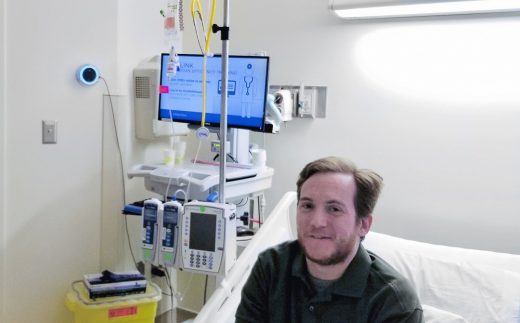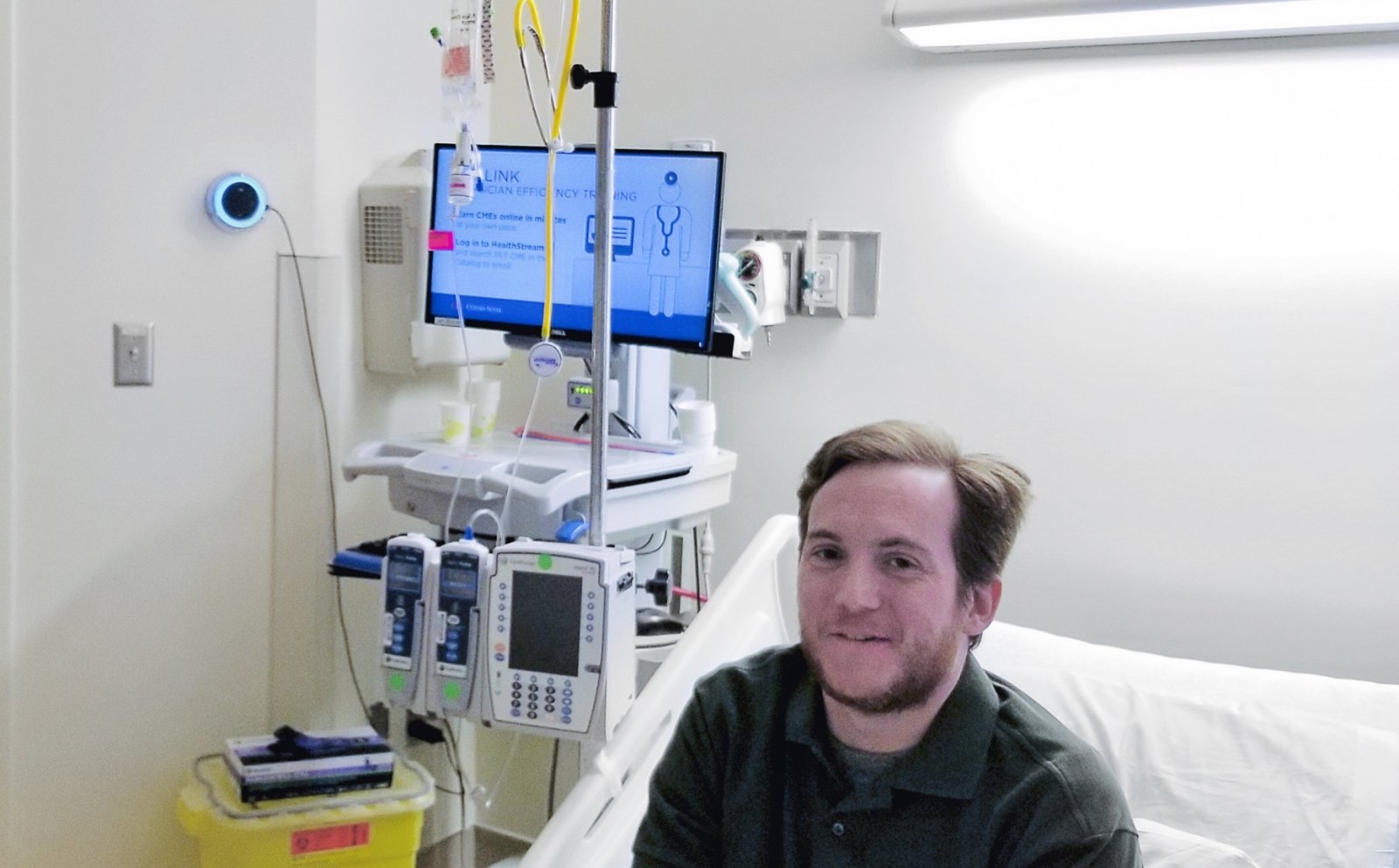An LA hospital will put Alexa in over 100 patients’ rooms
Aiva will then notify the appropriate caregiver for the task, whether it’s a nurse or a doctor, by sending a message straight to their phone. A request for pain meds will go straight to a registered nurse, for instance, while a request for bathroom help would go to a clinical partner.
In addition, patients can use standard Alexa features to control their in-room entertainment options. They can tell the voice assistant to switch the TV on or off, to change the channel, to play music on the Echo, to read audiobooks or to tell them the latest weather and sports information. That could free up nurses’ time for more important tasks.
Peachy Hain, Cedars-Sinai’s executive director of Medical and Surgical Services, explained that the use of voice-activated devices can help “enhance [patients’] hospital experience.” She added that “[i]n the hospital, patients have little to distract them from pain or loneliness.” In a way, Alexa could serve not just as a convenient means to get a hold of their doctors and nurses, but also as a way to give them some degree of independence.
(18)




